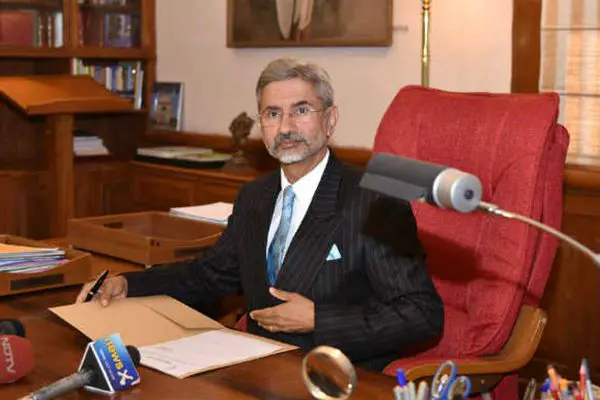The India-Pakistan foreign secretary talks, scheduled in Islamabad on January 15, seem uncertain. Even as national security adviser (NSA) Ajit Doval courted controversy by purportedly indicating that the talks may be called off, Pakistani Prime Minister Nawaz Sharif quickly set up an inter-agency investigation team to probe the leads India provided it regarding the perpetrators of the Pathankot attack.
The Indian government is unwilling to commit to attending the talks on Friday — in fact, it hasn't yet officially confirmed its participation on that day — as proposed by Pakistan. So the Centre can claim, in case it wants to postpone the talks, that the date was imposed on it by the media.
The disinclination to meet this week is a fallout of the Pathankot attack with the NDA government under pressure to at least signal its displeasure by postponing the dialogue. Official sources said the decision would be taken in a couple of days.
However, what's clear is that both sides appear keen to preserve what they call the "Lahore spirit" which could enable the neighbours, for the first time, to buck the terror-talks cycle that have been the norm at least for the past decade.
In the past week, Doval and his Pakistani counterpart Naseer Khan Janjua have been in frequent conversation. It was this channel that has been used by both countries to begin cooperating on the terror attack. This has been one of the two things that has distinguished the Pathankot attack from previous Pakistan-sponsored terror attacks. The other is that after Pathankot, Pakistan, for the first time, did not contest the origin of the attackers, unlike the 2008 Mumbai attacks.
At this point, India's official silence is intended to do a couple of things - first, to give Pakistan an opportunity to take the steps it says it will. The government has not yet commented on reports that Nawaz Sharif has set up an investigation team, or the first suspects have reportedly been arrested from Bahawalpur. Apart from defence minister Manohar Parrikar who engaged in some verbal bellicosity, there has not been too many strident voices from the establishment. The barrage of angry voices which followed terrorist attacks launched from across the border is missing this time, the only exception being Shiv Sena which said that US had pressured Pakistan on Pathankot issue. In fact, the government has had to fire-fight all day denying remarks attributed to Doval as they went viral on news channels.
Pakistani media reports said Nawaz Sharif, who took charge of handling the fallout of the Pathankot attack, had formed a team comprising officials from IB, Inter-Services Intelligence (ISI) and Military Intelligence (MI) to probe the attack. Other reports said Pakistan had asked India for more information, having concluded that the phone numbers given by India were not registered in Pakistan.
Second, India wants to give itself the opportunity to assess the quality of Pakistani cooperation. The dialogue would be dead on arrival if Pakistan "concludes" that the terror attack did not have a Pakistani imprint; or that they had picked up the first people they could find in Sialkot. However, if the government concludes that Pakistan is indeed making an honest effort, New Delhi would find it easier to move forward. Janjua's presence in the Pakistani team is seen as a positive move.
Foreign secretary S Jaishankar will be spending the next couple of days in Maldives and Sri Lanka. Events of the next few days will be the determining factor.
 简体中文
简体中文

